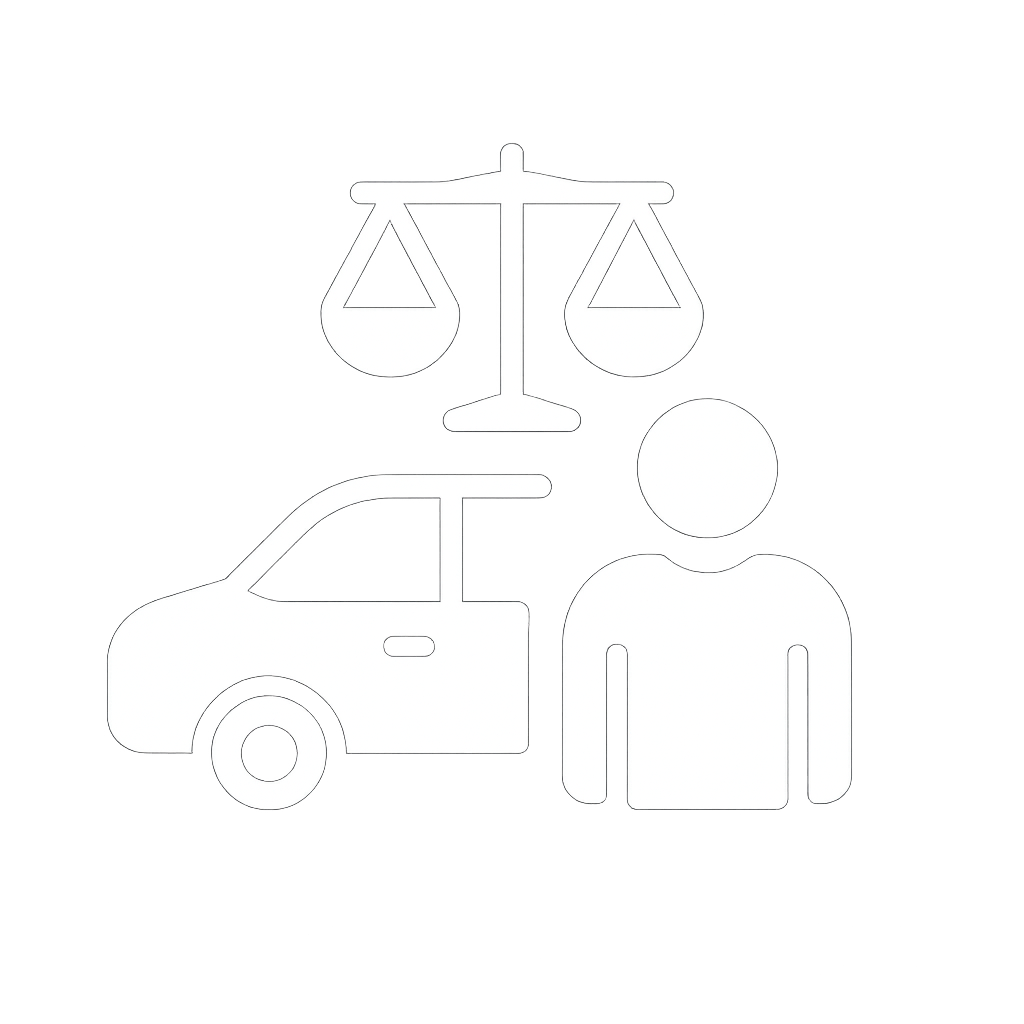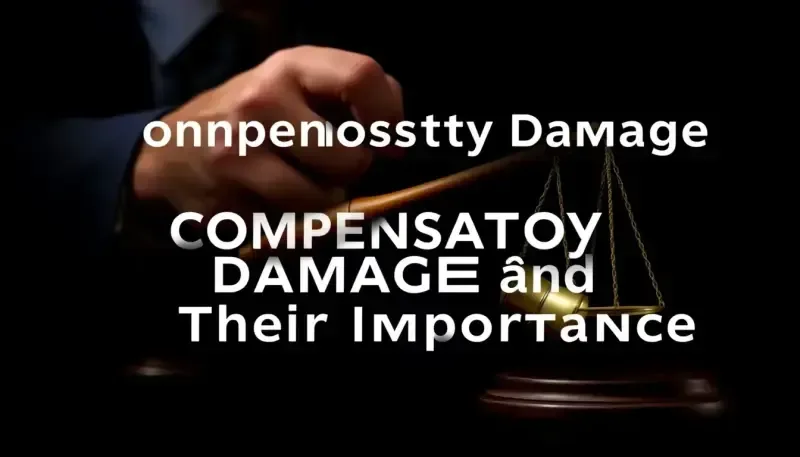Being involved in an accident can be a traumatic experience, leaving victims not only with physical injuries but also with emotional turmoil and financial burdens. Understanding your rights and the types of compensation available to you is crucial to navigating the aftermath effectively. This guide will delve into compensatory damages, their purpose, types, calculations, and the role of legal representation in securing them.
Compensatory damages are an essential aspect of personal injury law, designed to help victims recover from the losses they suffer due to someone else's negligence. Let's explore this topic in depth, shedding light on how these damages function and why they are so pivotal for recovery.
Understanding Compensatory Damages
Compensatory damages refer to the financial compensation awarded to a plaintiff in a personal injury case, aimed at compensating for the harm they have endured. These damages are intended to address both economic and non-economic losses stemming from the incident.
In essence, compensatory damages strive to restore the injured party to their pre-incident financial status, covering various aspects of their losses, including medical expenses, lost wages, and emotional suffering.
The Purpose Behind Compensatory Damages
Compensatory damages serve two primary functions:
- Financial Reimbursement: They reimburse the victim for direct financial losses incurred due to the incident. This includes medical bills, lost income, and property damage.
- Restoration of Financial Well-being: The ultimate goal is to return victims as closely as possible to their financial position before the injury, encompassing both tangible and intangible losses.
Categories of Compensatory Damages
In Texas, compensatory damages can be classified into two major categories: special (economic) damages and general (non-economic) damages.
Special (Economic) Damages
These damages account for verifiable financial losses resulting from the incident. Their calculation is typically straightforward because they rely on documented costs.
- Medical Expenses: This category includes all costs related to medical care, such as hospital bills, surgeries, medications, and rehabilitation therapy. Future medical needs may also be considered.
- Lost Wages: If your injury prevents you from working, you may claim compensation for lost income during your recovery period, as well as any impact on your future earning potential.
- Property Damage: If your belongings were damaged in the incident, you could recover costs for repair or replacement.
General (Non-Economic) Damages
These damages address the emotional and physical pain the victim endures, which can be challenging to quantify but are equally significant.
- Pain and Suffering: This compensates for the physical discomfort and distress caused by the injury, encompassing both immediate and chronic pain experiences.
- Mental Anguish: Emotional suffering post-incident, such as anxiety, depression, and post-traumatic stress disorder (PTSD), falls under this category.
- Loss of Consortium: If your relationship with a spouse or family member has deteriorated due to your injuries, you may claim damages for the loss of companionship and emotional support.
Calculating Compensatory Damages
Calculating compensatory damages requires assessing both special and general damages, each with distinct methodologies.
Calculating Special Damages
Special damages are easier to quantify as they rely on tangible evidence:
- Itemized Bills: To claim medical expenses, you must provide detailed bills and receipts documenting your medical treatment costs.
- Employment Records: Lost wages are calculated using pay stubs, tax returns, and employment records to substantiate lost income due to the injury.
Calculating General Damages
Estimating non-economic damages is more subjective and often involves using established methods:
- Multiplier Method: This approach multiplies your total medical expenses by a factor (ranging from 1.5 to 5), based on injury severity and life impact.
- Per Diem Method: Assigns a daily dollar value to your pain and suffering, multiplied by the duration of your distress.
Compensatory Damages vs. Punitive Damages
It's crucial to differentiate between compensatory and punitive damages:
- Compensatory Damages: These are intended to recover losses experienced by the victim.
- Punitive Damages: Aimed at punishing the defendant for egregious behavior, these damages are rarely awarded and are used to deter future misconduct.
Evidence Required for Compensatory Damages
Proving a claim for compensatory damages necessitates substantial evidence:
- Medical Records: Documentation from healthcare providers detailing injury severity, treatment, and ongoing care requirements.
- Witness Statements: Testimonies from individuals who witnessed the incident can bolster your claims.
- Financial Documentation: Pay stubs and tax returns are critical for establishing lost wages and overall financial impact.
Limitations on Compensatory Damages
While Texas law permits compensatory damages, certain limitations exist:
Statutory Caps
Texas does not generally impose caps on compensatory damages for personal injury cases, though specific limitations may apply, particularly in cases involving medical malpractice.
Comparative Negligence
Texas follows a comparative negligence rule. If you share fault in the incident, your awarded damages may be reduced in proportion to your fault percentage.
Statute of Limitations
It's vital to file personal injury claims within the designated timeframe. Texas typically allows two years from the incident date to file a lawsuit; failing to do so could forfeit your right to compensation.
The Role of Personal Injury Lawyers in Securing Compensatory Damages
The attorneys at Loncar Lyon Jenkins specialize in personal injury cases and are adept at navigating the complexities of compensatory damages claims. They can assist you in several ways:
- Assessing your case to determine the full scope of your losses.
- Gathering essential evidence to support your claim.
- Calculating damages using reliable methods to ensure fair compensation.
- Navigating the legal process from claim filing to court representation.
Get Expert Legal Help – Free Consultation Available!
At Loncar Lyon Jenkins, we offer free consultations to discuss your case and clarify your rights. If you've suffered injuries due to an accident, reach out to us today for experienced legal support in recovering the compensatory damages you truly deserve.
For further insights into compensatory damages, you might find this video helpful:
En este contexto, te invitamos a ver un video que explica en detalle los daños compensatorios y su importancia en el ámbito legal.


